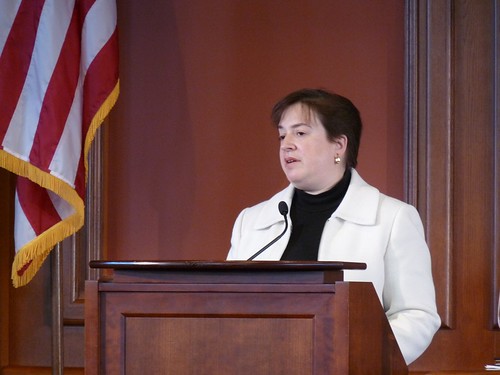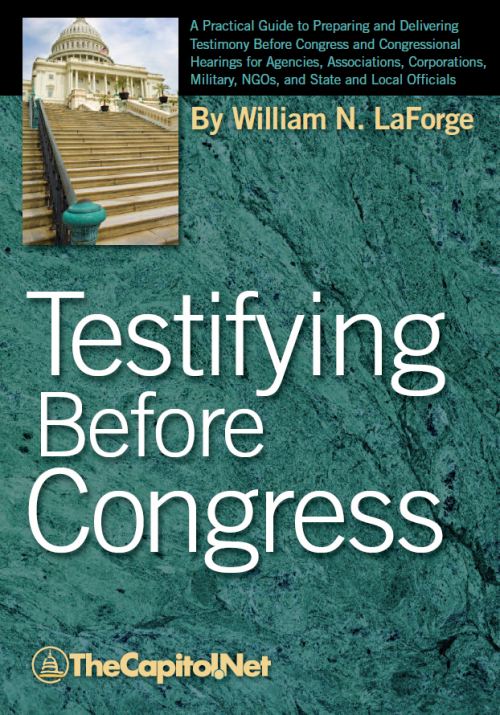Some of the most highly publicized Senate hearings are those held for the purpose of considering presidential nominations. These nominations may include cabinet positions and nominations for other executive branch political offices, federal judges and U.S. diplomatic posts.

Witnesses at nomination and confirmation hearings typically include the individual nominated as well as other individuals who may be in a position to provide relevant information regarding the credentials, experience, character, qualification and overall fitness for service of the individual nominated.
Confirmation hearings are conducted by committees of the Senate that come within the purview of their respective jurisdictions. For instance, Senate Armed Services Committee hearings would consider the nominations of individuals such as the Secretary of Defense while the Senate Energy and Natural Resources Committee would hold hearings to consider the nomination of individuals such as the Secretary of Energy.
The Senate Judiciary Committee is responsible for conducting hearings for the purpose of reviewing nominations of federal district and appellate court judges,  and Supreme Court justices. Usually there is a large number of confirmation hearings held during the weeks and months immediately after a new president is inaugurated. Confirmation hearings may also be scheduled anytime a presidential nomination occurs. Senate confirmation hearings often result in a report to the full Senate to prepare for a floor vote.
and Supreme Court justices. Usually there is a large number of confirmation hearings held during the weeks and months immediately after a new president is inaugurated. Confirmation hearings may also be scheduled anytime a presidential nomination occurs. Senate confirmation hearings often result in a report to the full Senate to prepare for a floor vote.
While confirmation hearings may be conducted in a fairly routine manner that is not always the case. One of the highest-profile and most significant congressional hearings took place following the nomination of Judge Robert Bork by President Reagan to the United States Supreme Court in 1987. A huge battle between liberals and conservatives ensued, leading to millions of dollars being sent by both liberal and conservative activist groups. The Senate Judiciary Committee conducted twelve full days of hearings, with Judge Bork testifying during an unprecedented five days. Over the course of the hearing, one hundred witnesses appeared before the committee, either in support or opposition of the nomination. Ultimately, the Judiciary Committee voted against confirming Bork, however, it did not end there. Bork announced that he wished to proceed with a Senate floor vote; a vote that concluded 58-42 against the nomination.
To learn more about preparing to testify before Congress, consider attending TheCapitol.Net’s Preparing and Delivering Congressional Testimony, also available for custom, on-site training. To learn more about congressional hearings, see TheCapitol.Net’s 3-day Capitol Hill Workshop.
Reference: Testifying Before Congress, by William LaForge, Section 1.58 Senate advice and Consent, Section 1.87 Example of the Influence of Hearings on Committee Action, and Section 7.5 Committee Follow-up Activities and Responsibilities.
For more than 40 years, TheCapitol.Net and its predecessor, Congressional Quarterly Executive Conferences, have been teaching professionals from government, military, business, and NGOs about the dynamics and operations of the legislative and executive branches and how to work with them.
Our custom on-site and online training, publications, and audio courses include congressional operations, legislative and budget process, communication and advocacy, media and public relations, testifying before Congress, research skills, legislative drafting, critical thinking and writing, and more.
TheCapitol.Net is on the GSA Schedule, MAS, for custom on-site and online training. GSA Contract GS02F0192X
TheCapitol.Net is now owned by the Sunwater Institute.
Teaching how Washington and Congress work ™

